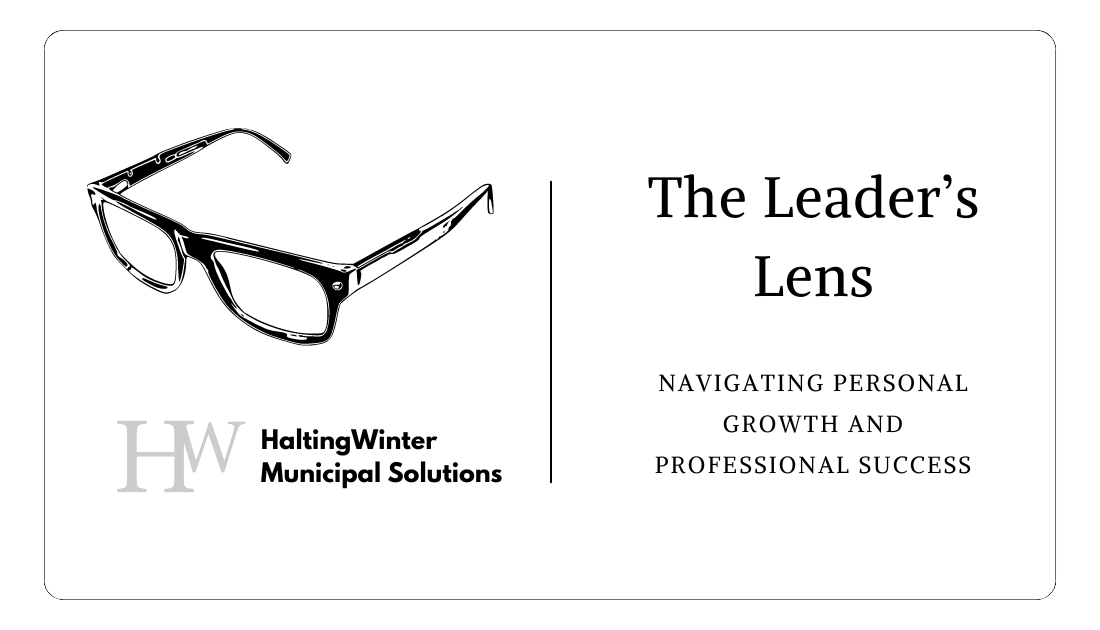Municipal Leaders: Develop Faster, Lead Stronger, Build Better

Every week, you’ll get insights and actionable steps to help you navigate personal growth and professional success.

If leadership had a secret weapon, it would be the question. Not just any questions, but the right questions, asked at the right time, in the right way. For city managers, mastering the art of inquiry isn’t just about gathering information – it’s about unlocking innovation, building consensus, and transforming how your municipality approaches challenges.
Most city managers are drowning in questions:
In this pressure cooker environment, we often fall into the trap of rushing to answers. But as Markova and McArthur reveal in “Collaborative Intelligence,” this rush to resolution might be our biggest mistake. The most effective leaders aren’t the ones with all the answers – they’re the ones who know how to ask the questions that unleash their team’s collective wisdom.
Purpose: Reveal hidden assumptions and uncover root causes
Example Scenarios:
Real-World Application: Imagine your downtown revitalization project is meeting resistance. Instead of asking “Why are people opposing this?” try:
Purpose: Build consensus and create shared understanding
Example Scenarios:
Real-World Application: When departments are siloed, transform the conversation:
Purpose: Move from discussion to implementation
Example Scenarios:
Real-World Application: When implementing a new technology system:
Purpose: Extract insights and build institutional knowledge
Example Scenarios:
Real-World Application: After a successful community engagement initiative:
Instead of: “Does anyone have concerns?” Try:
Instead of: “Any questions?” Try:
Instead of: “What do you think?” Try:
The art of inquiry isn’t just about asking better questions – it’s about transforming how your municipality thinks, works, and innovates. As you develop your questioning skills, you’ll notice:
Remember, every significant municipal breakthrough begins with a question. The challenge isn’t finding the right answers – it’s learning to ask the questions that unlock your team’s collective wisdom and move your city forward.
Understanding the power of questions is just the beginning. The Municipal Leadership Development Circle (MLDC), launching January 2025, provides a comprehensive environment where you’ll master the art of inquiry alongside other municipal leaders who are committed to transformation.
Through daily content, experiential learning, and peer collaboration, you’ll develop the confidence and competence to ask the questions that unlock your team’s potential and drive your city forward. Join a community of leaders who are learning to harness the power of inquiry to build more innovative, collaborative, and effective municipalities.
Discover How the MLDC Can Transform Your Leadership
Seth Winterhalter is President of HaltingWinter Municipal Solutions, dedicated to making stronger cities through stronger leaders. Through executive coaching, consulting, and the Municipal Leadership Development Circle (MLDC), HaltingWinter helps city managers and municipal leaders transform their leadership impact and their organizational culture.